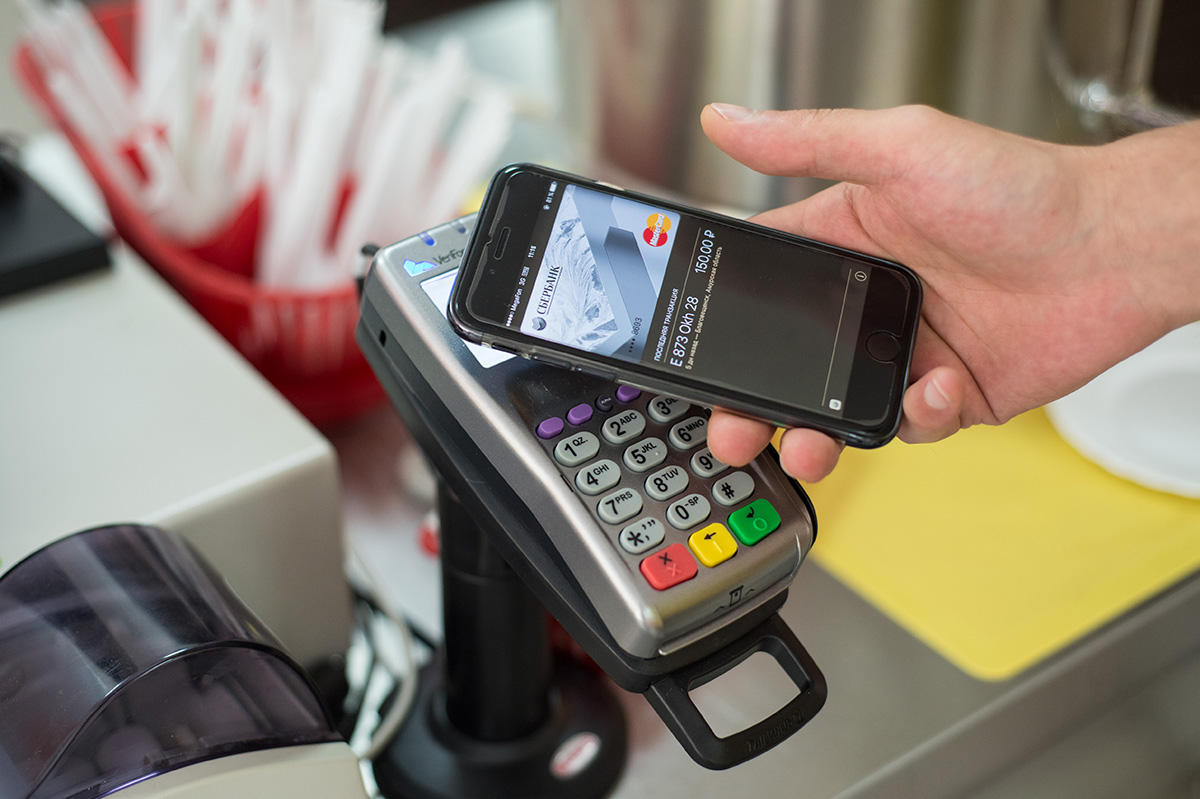
More and more elements of our life are moving indigital space and money are no exception. For several centuries, paper money has contributed to the exchange of the value of goods and services, but to meet today's needs it is necessary to update the financial system. For this reason, many governments are starting to experiment with digital currencies and are exploring the best mechanisms for reducing cash flow.
Cash and crime
Paper money is the preferred method of payment for individuals andorganizations involved in illegalactivity. Harvard Honorary President Peter Sands believes cash is not an observable way to stimulate and develop the shadow economy. According to him, no other payment instrument provides at the same time anonymity for the payer and recipient, the absence of traces of transactions and such widespread use.
Without cash, it would be much easier to detect large-scale criminal activity because the illicit flow of funds needs to bypass traceable bank accounts.
In addition, reducing paper dependencemoney helps reduce street violence. Forensic investigations show that in areas whose residents prefer cashless payments, the overall crime rate is 10% lower.
Tax avoidance
Since paper money leaves no traces, it is extremely difficult for tax authorities to check or track their movement.
For example, when an employer gives employeessalaries in envelopes, then they both do not pay social contributions, income tax. As a result, the state loses some of the funds, which is the main reason for the tax gap.
According to studies, member countries of the OrganizationEconomic Cooperation and Development (OECD) annually lose on average 2-3% of total tax revenue (or about 1% of GDP), and for low-income countries this figure is 6-13%.
Cost and ecology
The production of material money costs money. The cost of minting coins in denominations of 1 and 2 rubles exceeds their actual value. This is an inefficient use of resources, even without taking into account the fact that the process of their production, smelting of metals, ore mining and transportation has a negative impact on the environment.
Support for cashless payments by the state

Economists consider the most significant contributionSmartphones, as inventions, are applications that turn a mobile device into a full-fledged wallet and a reliable tool for wire transfers and payments. Therefore, technical giants such as PayPal, Ant Financial, Tencent and Go-Jek offer the market products that allow free peer-to-peer electronic payments to billions of people in the most populated countries of the world.
Governments are also promotingnon-cash payments and at the same time reducing the cash supply. In countries such as Sweden, France, and Great Britain, the system is so well established that citizens have practically abandoned the use of cash, the share of which in the total turnover is only a few percent.
The development of blockchain and other financial technologies encourages central banks to move away from standard models and develop digital currencies.
In September, the Marshall Islands announced the releasenational digital currency Sovereign with a fixed increase in the money supply. China intends to launch a pilot project and test a digital yuan before the end of this year, and France plans to do the same in the first quarter of 2020. States such as Sweden, Turkey, Ghana, the UAE and Saudi Arabia also reported on the development of their own digital currencies.
In addition to improving the efficiency of financial systems,security and speed, the use of digital money allows banks and regulators to authenticate users, monitor transactions and comply with due diligence principles.
The formation of cryptocurrencies
We will soon see the launch of digital currenciesnot only in developed but also in developing countries, since the authorities cannot ignore the clear advantages of their use. This, in turn, will stimulate the growing popularity of decentralized cryptocurrencies, which can legally coexist alongside government money.
In the future, coins such as Bitcoin maybecome the universal currency of the Internet and convert freely into any national digital currency. This will simplify e-commerce, trade, remittances and allow billions of people without access to banking services to integrate into the global economy.
The financial revolution is inevitable because itssupport not only corporations, but also governments. So once again look at the notes in your wallet, soon they can become a souvenir and part of a history lesson for our children.
</p>


